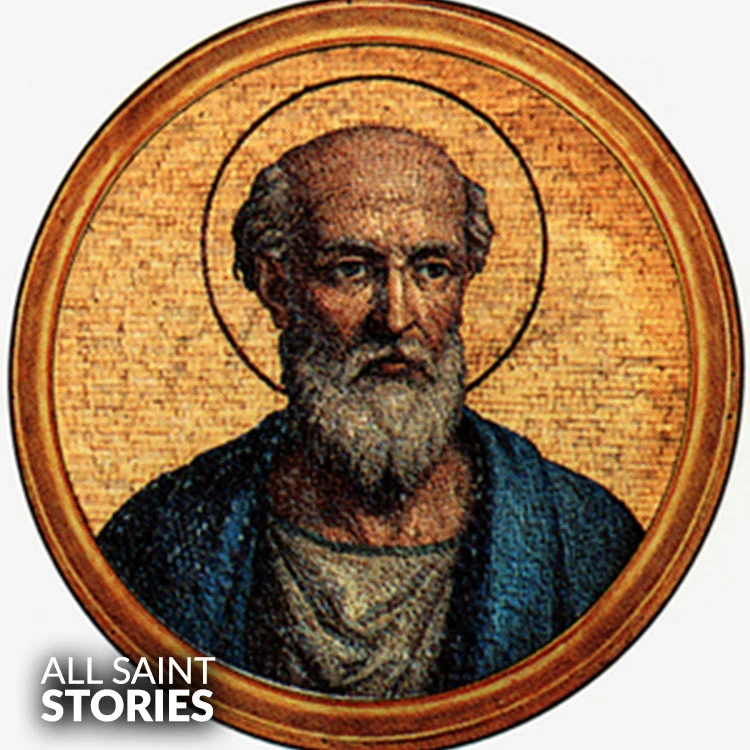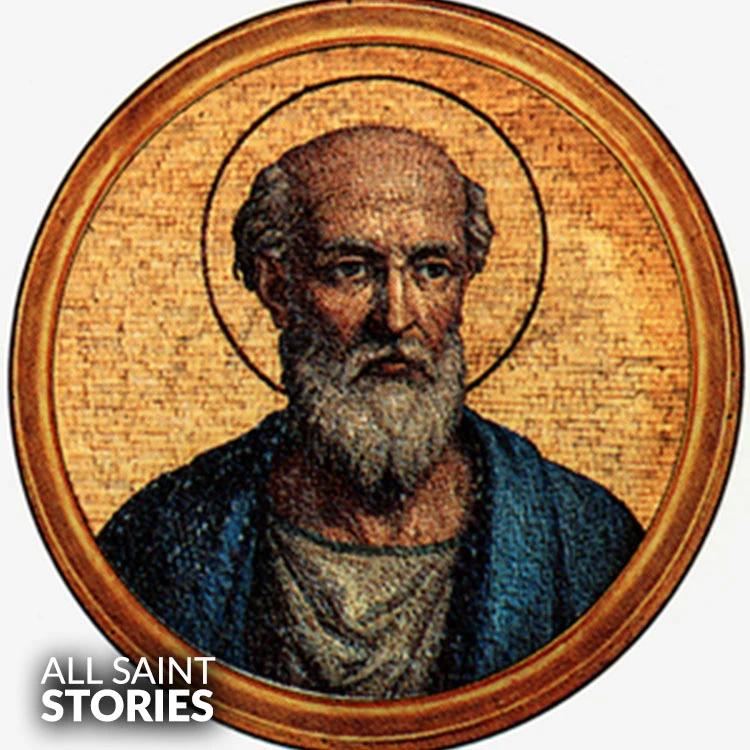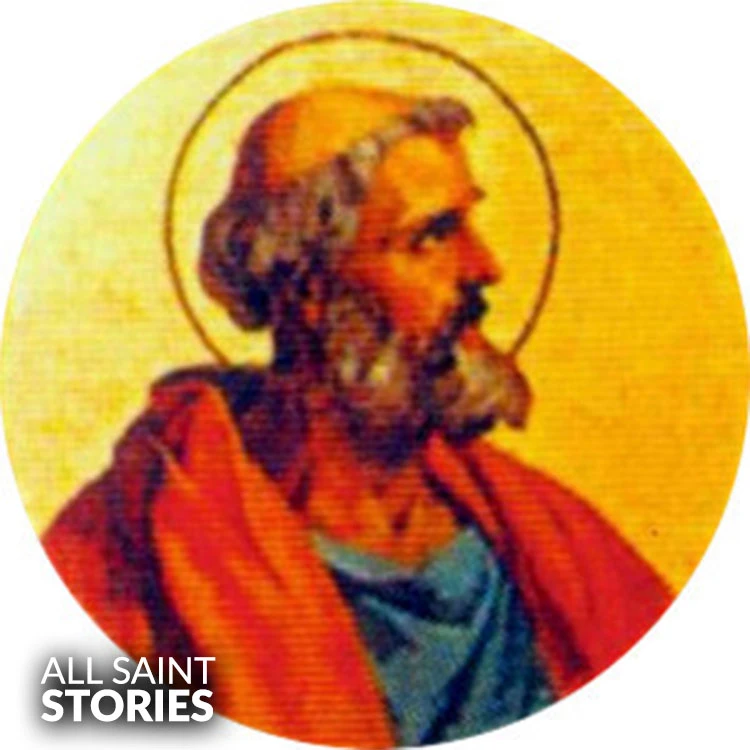Saint Celestine, faithful servant of God, You led a humble life in service to the Church. Intercede for us before the Lord, That we may follow your example of holiness and devotion. Grant us strength in times of trial, And the courage to seek God’s will in all things. May your prayers guide us toward peace and faithfulness. Amen.
ST. CELESTINE
ST. CELESTINE

St. Celestine I was a fierce defender of Catholic doctrine against heresies, especially Nestorianism. He supported St. Cyril of Alexandria in condemning heresy and played a key role in shaping the Council of Ephesus (431 AD). He also sent St. Patrick to Ireland to evangelize the nation.
St. Celestine I was born around 376 AD, likely in Campania, Italy. Little is known about his early life, but he became a priest in Rome and served under Popes Innocent I and Zosimus, gaining a reputation for his wisdom and commitment to Church discipline. In 422 AD, he was elected Pope, succeeding Pope Boniface I.
During his papacy, Celestine I worked tirelessly to defend orthodox Christian teachings against rising heresies. One of the most significant theological disputes of his time was Nestorianism, a heresy that denied the divine motherhood of Mary and claimed that Jesus existed as two separate persons rather than being one divine person with both a human and divine nature. Celestine condemned Nestorius, the Patriarch of Constantinople, and supported St. Cyril of Alexandria in leading the Council of Ephesus (431 AD), where Nestorianism was officially rejected.
Celestine also took strong action against Pelagianism, a belief that denied original sin and the necessity of divine grace for salvation. He ordered the excommunication of Pelagian leaders and worked to ensure the doctrine of grace remained a central teaching of the Church.
Aside from theological battles, Pope Celestine was active in spreading Christianity. He sent St. Palladius to Ireland to preach to the Irish people, laying the groundwork for St. Patrick’s later mission, which would lead to the Christianization of Ireland. He also promoted missionary efforts in Gaul and Britain.
During his papacy, Celestine also worked to preserve Church liturgy and discipline. He reinforced papal authority, built new churches, and restored places of worship that had been damaged by invading forces.
He died on July 27, 432, and was buried in St. Priscilla’s Catacombs in Rome. His legacy remains one of doctrinal clarity, missionary zeal, and papal leadership.
Video Not Found
The information on this website is compiled from various trusted sources. While we aim for accuracy, some details may be incomplete or contain discrepancies.
If you notice any errors or have additional information about this saint, please use the form on the left to share your suggestions. Your input helps us improve and maintain reliable content for everyone.
All submissions are reviewed carefully, and your personal details will remain confidential. Thank you for contributing to the accuracy and value of this resource.
Credits & Acknowledgments
- Anudina Visudhar (Malayalam) – Life of Saints for Everyday
by Msgr. Thomas Moothedan, M.A., D.D. - Saint Companions for Each Day
by A. J. M. Mausolfe & J. K. Mausolfe - US Catholic (Faith in Real Life) – Informational articles
- Wikipedia – General reference content and images
- Anastpaul.com – Saint images and reflections
- Pravachaka Sabdam (Malayalam) – Saint-related content and insights
We sincerely thank these authors and platforms for their valuable contributions. If we have unintentionally missed any attribution, please notify us, and we will make the correction promptly.
If you have any suggestion about ST. CELESTINE
Your suggestion will help improve the information about this saint. Your details will not be disclosed anywhere.
© 2026 Copyright @ www.allsaintstories.com





 English
English
 Italian
Italian
 French
French
 Spanish
Spanish
 Malayalam
Malayalam
 Russian
Russian
 Korean
Korean
 Sinhala
Sinhala
 Japanese
Japanese
 Arabic
Arabic
 Portuguese
Portuguese
 Bantu
Bantu
 Greek
Greek
 German
German
 Dutch
Dutch
 Filipino
Filipino